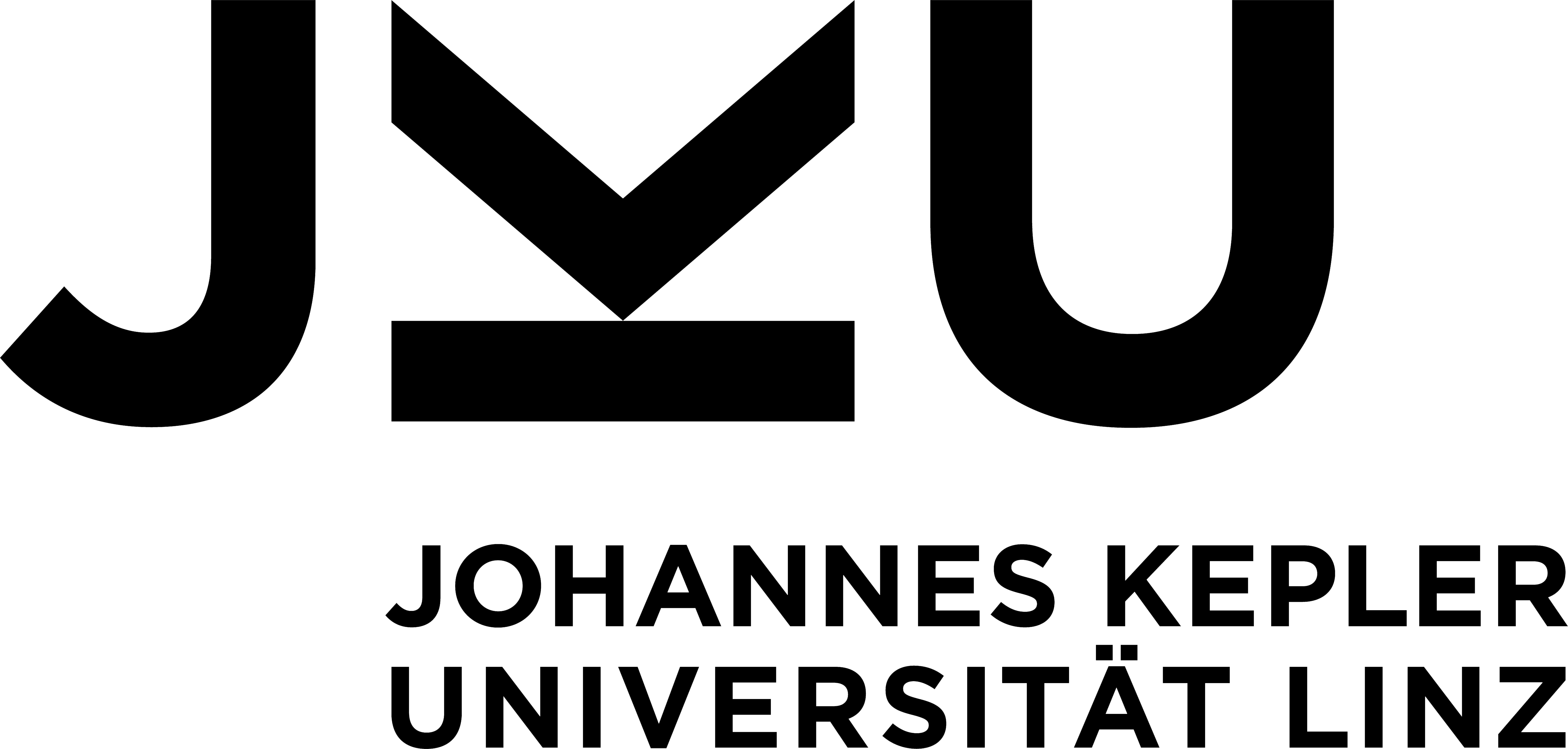Computer Science Colloquium
Dr. Mirjam Weilenmann
Institute for Quantum Optics and Quantum Information, ÖAW, Vienna, Austria
Quantum physics needs complex numbers
Thu 18.03.2021, 10:00, 90 minutesZoom (https://jku.zoom.us/j/97938562468?pwd=Zy9jV2krNG4rK3Y3dWNrRlhMcHRqQT09)
Abstract
Complex numbers are essential for mathematical analysis, while their role in other subjects, such as electromagnetism or special relativity, is far less fundamental. Quantum physics is the only physical theory where these numbers seem to play an indispensible role, as the theory is explicitly formulated in terms of operators acting on complex Hilbert spaces. The occurrence of complex numbers within the quantum formalism has nonetheless puzzled countless physicists, including the fathers of the theory, for whom a real version of quantum physics, where states and observables are represented by real operators, seemed much more natural. In fact, previous works showed that such "real quantum physics" can reproduce the outcomes of any multipartite experiment, as long as the parts share arbitrary real quantum states. Thus, are complex numbers really needed for a quantum description of nature? We show this to be the case by proving that real and complex quantum physics make different predictions in network scenarios comprising independent quantum sources. This allows us to devise a Bell-type quantum experiment whose input-output correlations cannot be approximated by any real quantum model. The successful realization of such an experiment would disprove real quantum physics, in the same way as standard Bell experiments disproved local physics. This is joint work with Marc-Olivier Renou, David Trillo, Le Phuc Thinh, Armin Tavakoli, Nicolas Gisin, Antonio Acin and Miguel Navascues.Bio
Mirjam Weilenmann received her Master?s degree in Physics from ETH Zürich, Switzerland, in 2014 and her PhD degree in Mathematics from the University of York, United Kingdom, in 2018 (topic: quantum causal structures and quantum thermodynamics). She is currently working as a Posdoctoral Researcher at the Institute for Quantum Optics and Quantum Information in Vienna, Austria. She pursues an interdisciplinary line of research that explores topics in the foundations of quantum mechanics as well as addressing the detection of quantum resources useful for information processing.Invited by Assist.-Prof. Dr. Richard Küng, Univ.-Prof. Dr. Robert Wille
The Computer Science Colloquium is organized by the Department of Coputer Science at JKU, the Österreichische Gesellschaft für Informatik (ÖGI) and the Österreichische Computergesellschaft (OCG).
